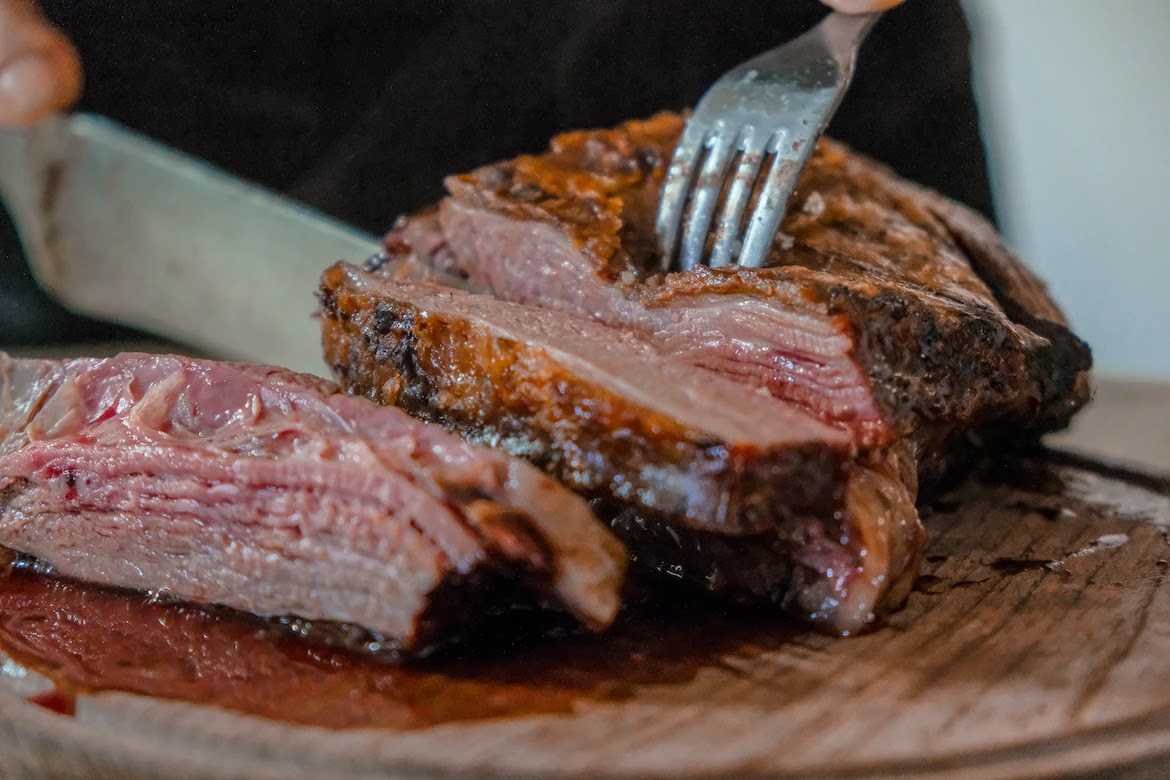The cooking temperatures for meat in food courts and other food service establishments are typically regulated by local health codes, which may vary depending on the location. However, the United States Department of Agriculture (USDA) provides general guidelines for safe cooking temperatures for various types of meat.
Here are the recommended cooking temperatures for some common types of meat:
- Beef, pork, veal, and lamb: Cook to a minimum internal temperature of 145°F (63°C) and allow to rest for at least three minutes before carving or consuming.
- Ground beef, pork, veal, and lamb: Cook to a minimum internal temperature of 160°F (71°C).
- Poultry (chicken, turkey, duck): Cook to a minimum internal temperature of 165°F (74°C).
- Fish and seafood: Cook until the flesh is opaque and flakes easily with a fork.
It's important to use a food thermometer to ensure that meat has reached the recommended internal temperature. This can help prevent foodborne illnesses caused by bacteria such as Salmonella, E. coli, and Campylobacter, which can be present in raw or undercooked meat.










No comments
Post a Comment